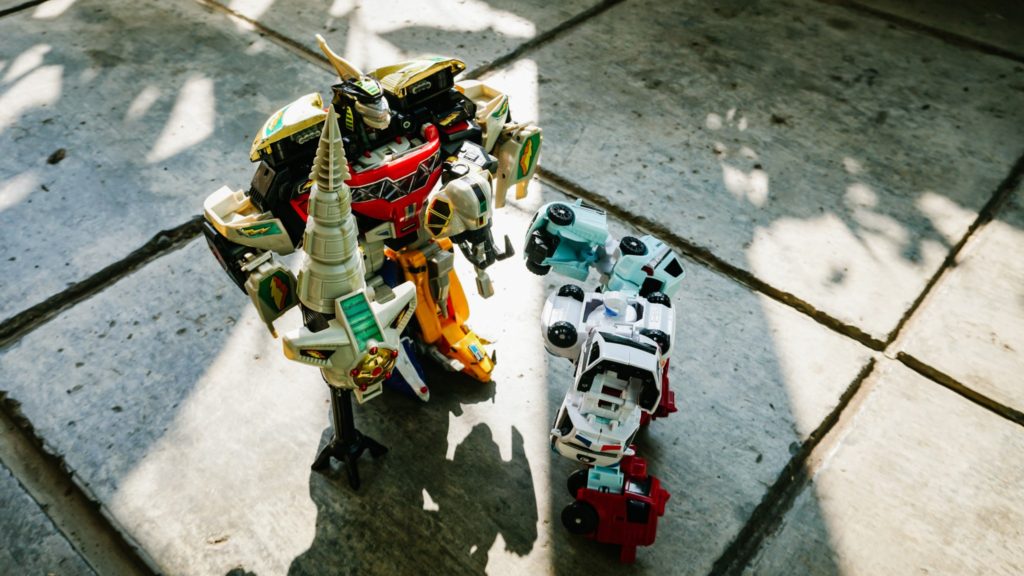Blog Post
How many questions can a kid ask about AI?
Who says kids don’t have any concerns? They do actually, from imagining the world they will live in the future to the rise of robots. This year, we received students from International Schools in Rome, to answer their questions and dream about what our world could be.
At Pi School, we believe that innovative education should start at an early age. Confronting children with technology through creative exercises is essential to begin investing in the future of society. Over the year, we received students from 9 to 15 years old, from International Schools such as the Ambrit International School of Rome and the German School of Rome.

Our Artificial Intelligence experts answered questions, introduced children to the work of robotics, and guided them into building actual hardware. During the workshops, the students used do-it-yourself Arduino boards, an open-source hardware company that designs kits for building digital devices.
We gather some of the best questions to tell you these stories.
To make sure they were talking with experts in the field, they began by asking with suspicion if we knew who Sofia and Alexa were. Passed that first test, Jamshid Alamuti (CEO and co-founder at Pi School) and Pi School’s AI advisors accepted the challenge of talking about the topic of Artificial Intelligence. A theme so complex for adults and, yet, surprisingly understandable for kids.
At this age, children are aware it will eventually come the day when they have to pick between being an astronaut or sitter for wild animals, or wherever their aspirations might take them. So, one of the main concerns they brought to us was related to the impact of AI on humans: is it taking our jobs? And how will AI affect us psychologically and economically?
“If your job requires creative thinking, AI cannot take it,” says Jamshid. “But if your job is just assembling pieces, then AI can take your job.”
Jamshid assured them that creativity is what makes us unique. Humans can’t are unpredictable, and making mistakes is what makes life beautiful. And he challenged them to take it further: if a machine would save 50% of your time, you will get more time to do the things you like.
“You’d become lazy!” says one of the kids with skepticism!
“If your job requires creative thinking, AI cannot take it” Jamshid Alamuti
As rightly pointed out by Pi School’s AI advisors, it’s been at least 50 years that humanity gives information to machines. But in the very recent years, scientists have asked themselves: can we teach machines to learn? And that’s where we introduced the concept of supervised learning, in which instead of giving rules, we can make the machine learn by itself. In some ways, very similar to how a baby learns.
But when we talk about the rising of machine intelligence, one critical question came to their minds: How could AI be a problem in some countries, like the ones living dictatorships? “In the wrong hands, any technology can be misused,” says Jamshid, “it’s up to humans to use it wisely.”
To close these educational trips away from apocalyptic scenarios where we will be all ruled by robots, the AI experts defended that conspiracy theories don’t make sense, as robots can not even think for themselves. But we can.
“All grown-ups were once children… but only few of them remember it.” Antoine de Saint-Exupéry
